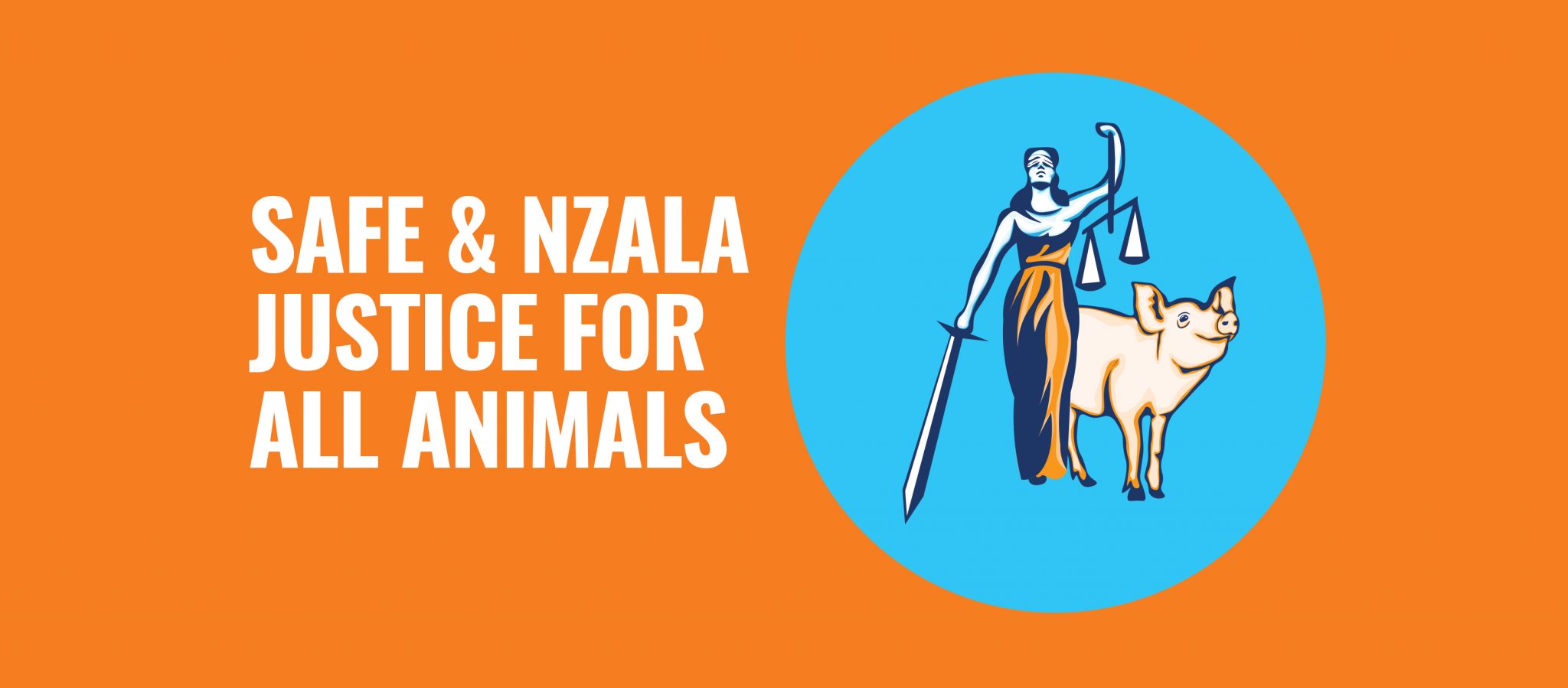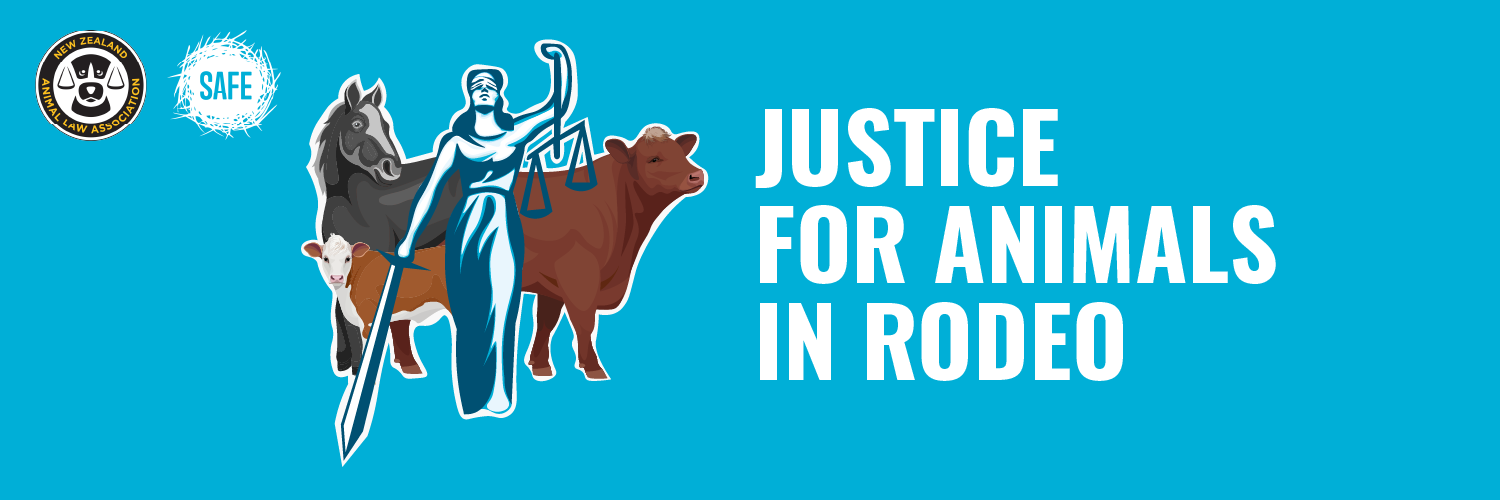Legal Challenges
In certain situations relating to grave, ongoing violations of the Animal Welfare Act we have the potential to explore legal action. SAFE has previously partnered with the New Zealand Animal Law Association (NZALA) to take the government to court over farrowing crates and rodeos, seeking legal justice for animals.
Farrowing crates

Farrowing crates are restrictive cages that prevent mother pigs from turning around, nesting, and caring for their piglets. In 2019, the New Zealand Animal Law Association and SAFE challenged the legal basis for these systems, arguing they conflicted with the purpose of the Animal Welfare Act.
In November 2020, the High Court agreed, ruling that farrowing crates were unlawful because they prevented mother pigs from displaying normal patterns of behaviour. This was a landmark judgement for animals in Aotearoa.
For a time, this ruling set a clear legal pathway towards ending the use of farrowing crates in New Zealand. But in 2025, Parliament passed legislation that reversed that progress by amending the Animal Welfare Act itself to make farrowing crates lawful again, sidestepping the High Court ruling and expert advice.
This case shows both the power and limits of litigation: the courts can hold decision-makers to account and clarify legal obligations, but protections for animals remain vulnerable when political processes can override that guidance.
For a fuller explanation of the case, its implications, and SAFE’s ongoing work to restore protections for mother pigs, you can read our update here.
Rodeo challenged in court

In July 2022, SAFE and NZALA jointly contested rodeo in the High Court.
During those legal proceedings, it emerged that the publishing of the 2018 Rodeo Code of Welfare had not adhered to due process. This suggested shortcomings with how the rodeo code was developed, highlighting again the broader issues associated with the development of codes of welfare. The High Court did not make a ruling on the legality of rodeo, instead indicating the correct process for challenging this matter would be during NAWAC’s consultation process for the revised Rodeo Code of Welfare.
SAFE continues to campaign for an end to rodeo. Watch this space for campaign updates and information on the upcoming code of welfare consultation process.






